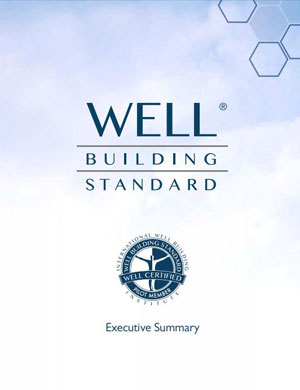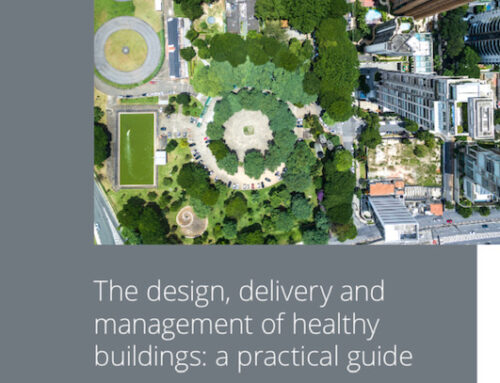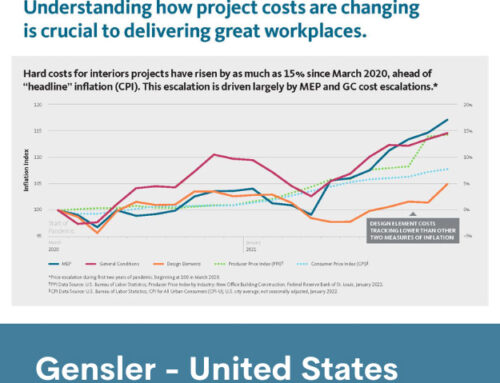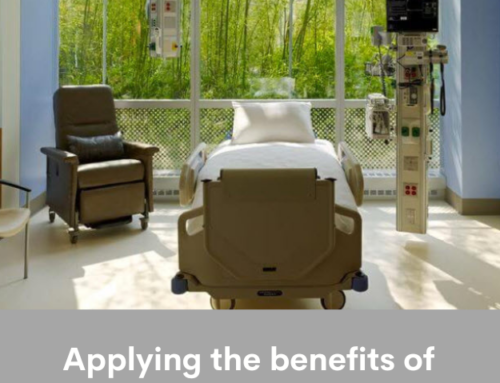WELL Building Standard Executive Summary

The WELL Building Standard is a performance-focused system for measuring, certifying, and monitoring features of the built environment that impact human health and wellbeing including air, water, nourishment, light, fitness, comfort, and mind. It is currently in pilot and available for use for new construction and major renovations in the commercial, residential multifamily, and institutional market sectors.





